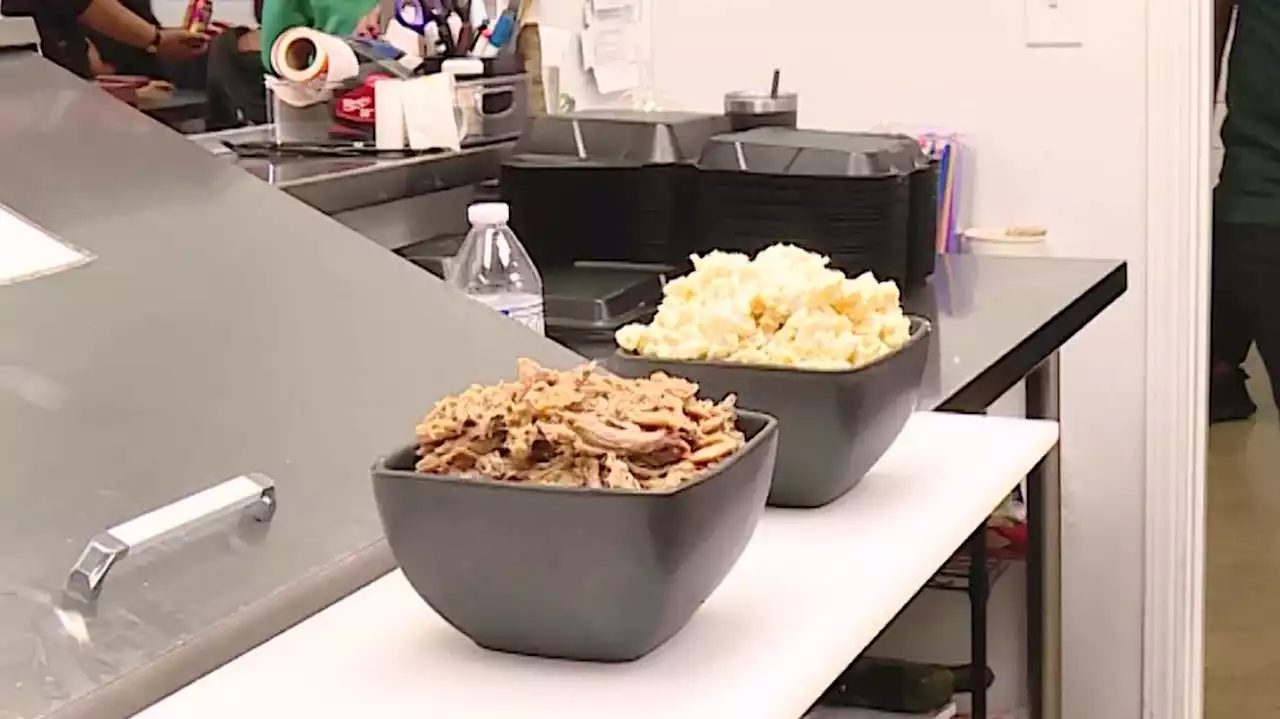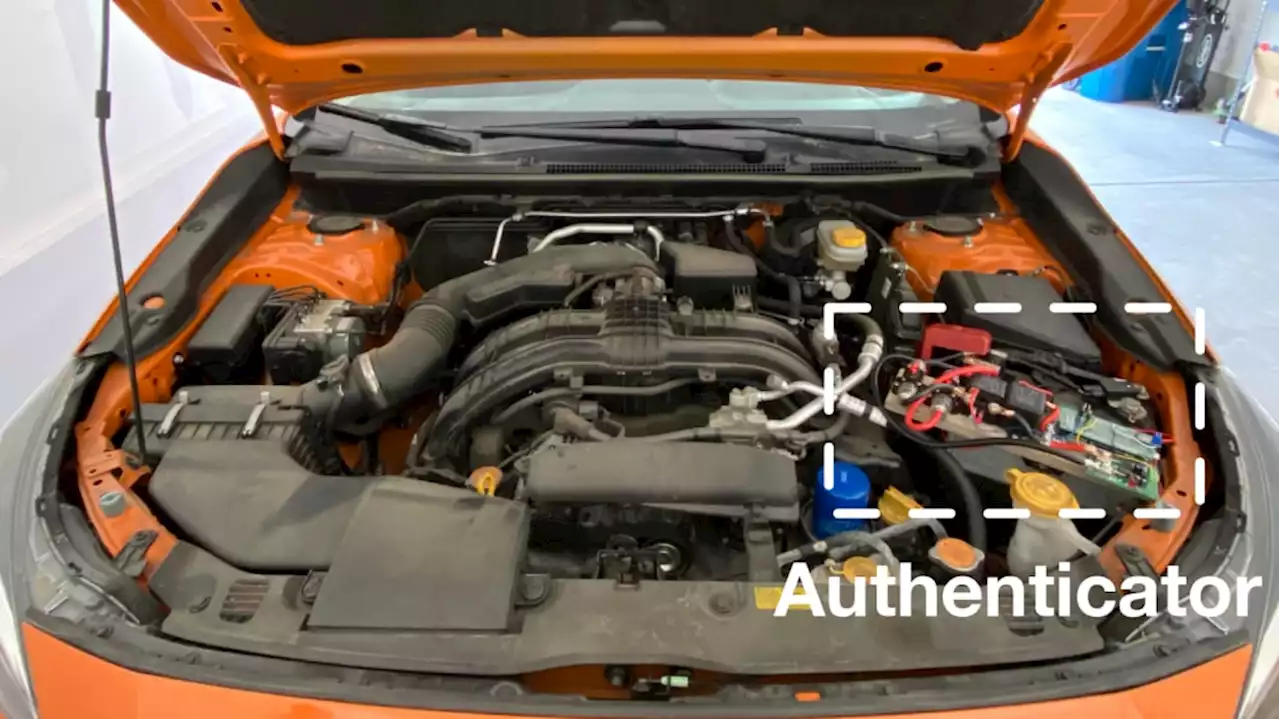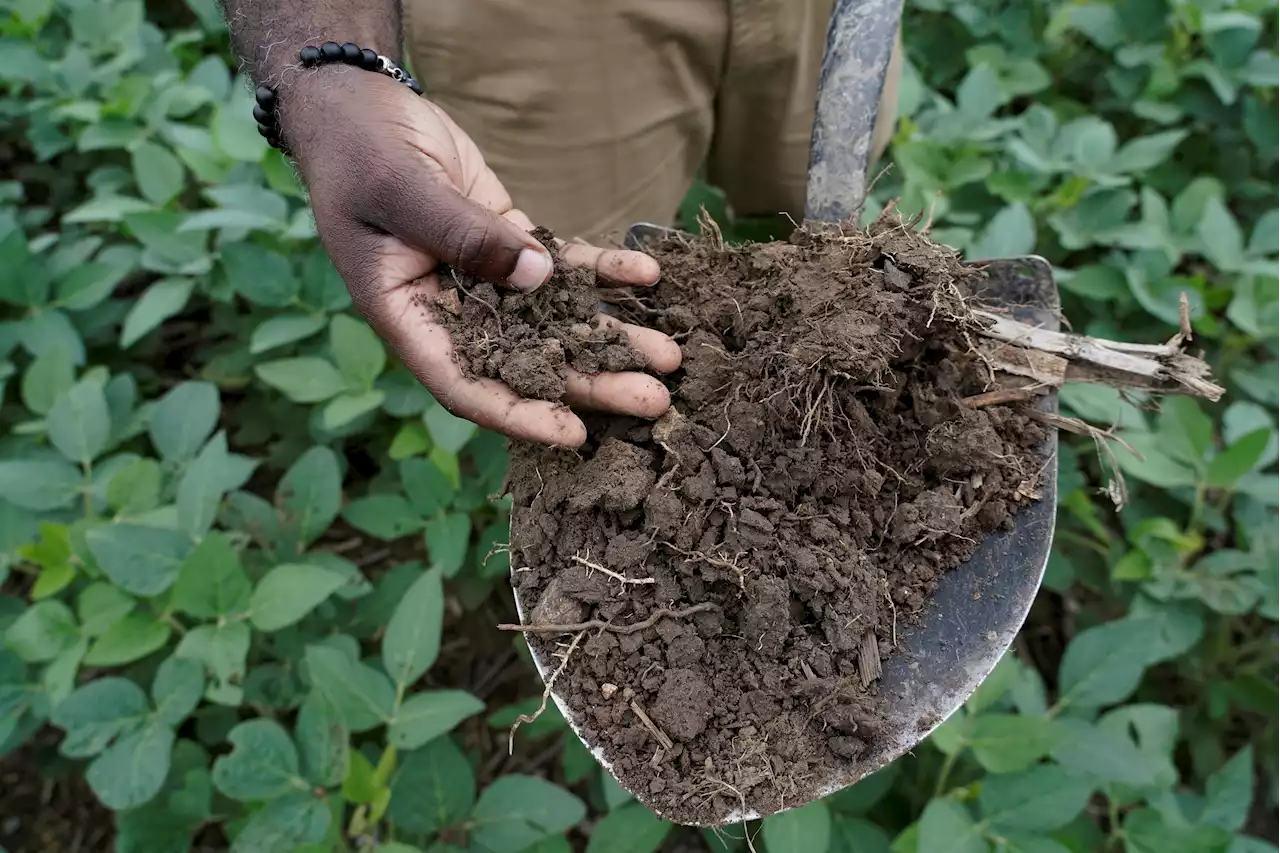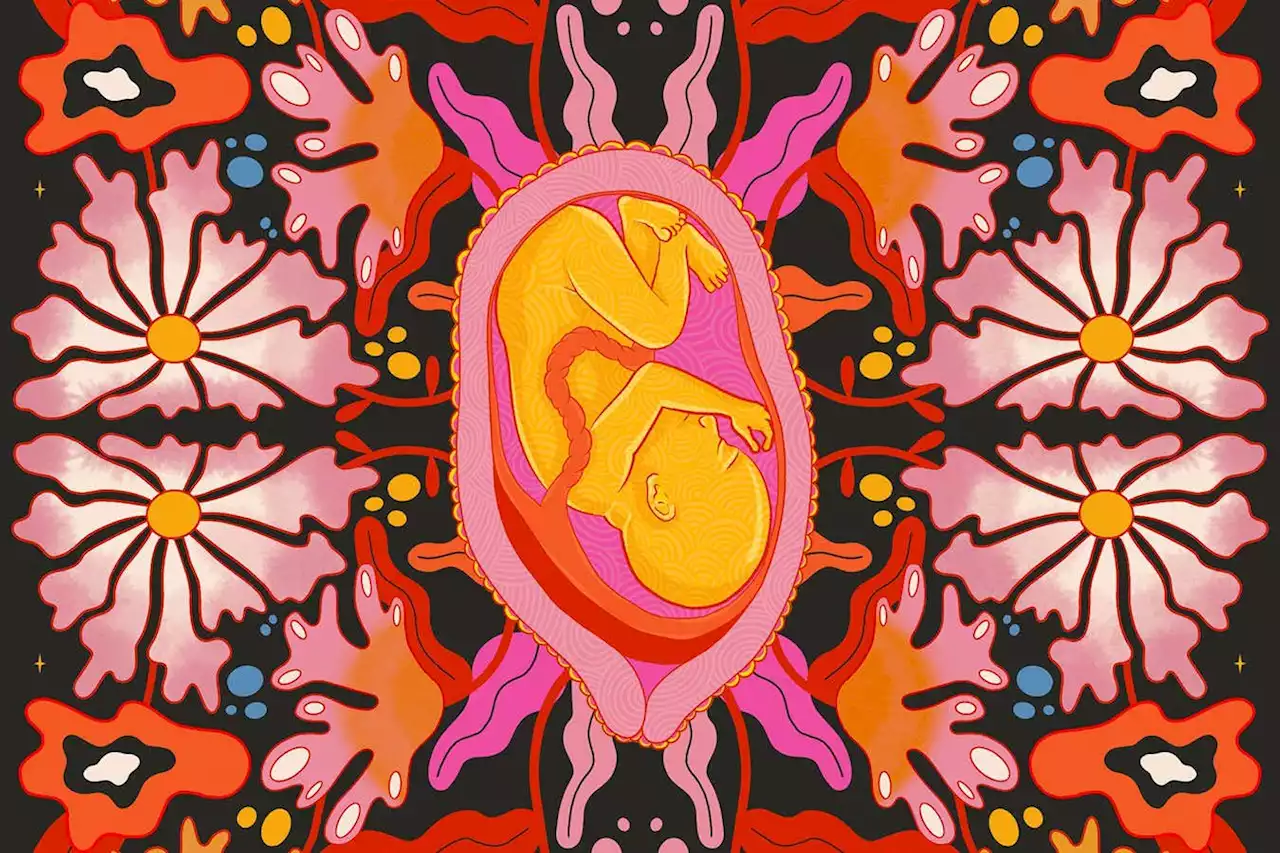Your placenta got chucked away when you were born (unless your parents ate it) yet we are now discovering that this temporary organ has a lifelong impact on your health – from heart disease to obesity and cancer risk.
AS WE emerged into the world as newborns, each of us lost something important: a body part that had provided us with oxygen and nutrients, removed waste products and kept pathogens at bay. What became of this crucial organ? It was probably thrown in the bin – assuming it wasn’t served up to your parent in the belief thatNever mind, you might say. After all, the body part in question – the placenta – is supposed to be a temporary organ.
. Heart disease, obesity, asthma, several forms of cancer – your long-term risk of all of these conditions might be influenced by the way your placenta grew. This news comes too late to help anyone already born. But future generations could benefit if we can develop tools to spot unhealthy placentas during pregnancy and new therapies to treat any problems. Motivated by the potential of such tools to improve human health, researchers are now racing to develop them – and in the past 12 months, their efforts have begun to bear fruit.
United States Latest News, United States Headlines
Similar News:You can also read news stories similar to this one that we have collected from other news sources.
 Utah researchers learning more about NHPI cancer ratesThe National Cancer Institute discovered young Native Hawaiians and Pacific Islanders have the highest cancer death rates.
Utah researchers learning more about NHPI cancer ratesThe National Cancer Institute discovered young Native Hawaiians and Pacific Islanders have the highest cancer death rates.
Read more »
 Researchers use AI to help simulate and predict solar eventsHigh-radiation solar events are a major risk for space missions, and the ability to predict them accurately is critical for humanity's space endeavors.
Researchers use AI to help simulate and predict solar eventsHigh-radiation solar events are a major risk for space missions, and the ability to predict them accurately is critical for humanity's space endeavors.
Read more »
 CDC Study Finds Decrease In Oral Sex Among Teens When Researchers Are ObservingHYATTSVILLE, MD—A new study released Thursday by the Centers for Disease Control and Prevention found that although the number of U.S. teens having oral sex remained high, the rate was considerably lower when scientific researchers were openly observing them. 'When teenagers were by themselves, with nobody from the…
CDC Study Finds Decrease In Oral Sex Among Teens When Researchers Are ObservingHYATTSVILLE, MD—A new study released Thursday by the Centers for Disease Control and Prevention found that although the number of U.S. teens having oral sex remained high, the rate was considerably lower when scientific researchers were openly observing them. 'When teenagers were by themselves, with nobody from the…
Read more »
 Meet the tiny owls that nest at Snowbasin, keeping Utah wildlife researchers busyFlammulated owls get their name from two ruddy markings that go down their backs, which look like flaming “racing stripes.' The species nests in Utah's alpine and is teaching researchers about the state's changing environments.
Meet the tiny owls that nest at Snowbasin, keeping Utah wildlife researchers busyFlammulated owls get their name from two ruddy markings that go down their backs, which look like flaming “racing stripes.' The species nests in Utah's alpine and is teaching researchers about the state's changing environments.
Read more »
 Researchers claim a new way to stop car thieves in their tracksThe University of Michigan just proposed a somewhat low-tech method of halting keyless car hacking and any other kind of car theft.
Researchers claim a new way to stop car thieves in their tracksThe University of Michigan just proposed a somewhat low-tech method of halting keyless car hacking and any other kind of car theft.
Read more »
 Farm fields don't just feed us. They store carbon. But a big question is how muchSoil and its potential for storing carbon is gaining attention from farmers, researchers and even Congress.
Farm fields don't just feed us. They store carbon. But a big question is how muchSoil and its potential for storing carbon is gaining attention from farmers, researchers and even Congress.
Read more »
